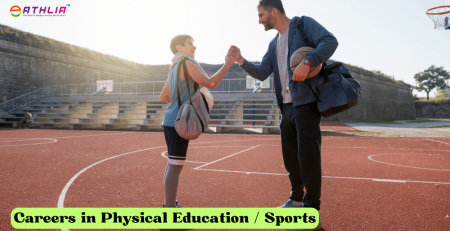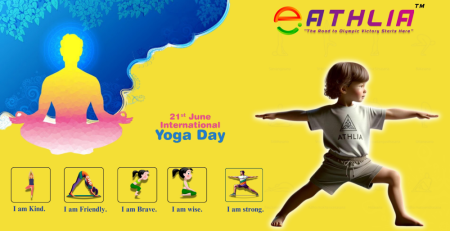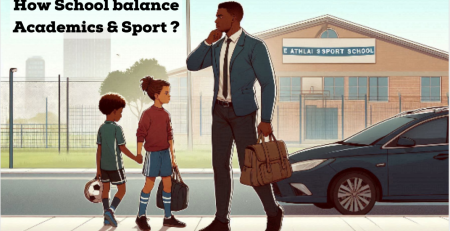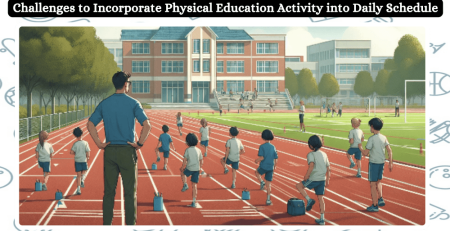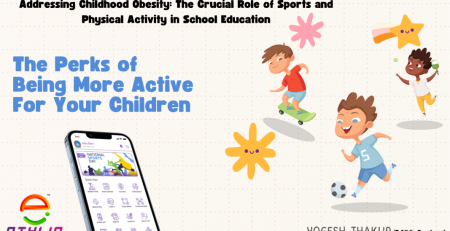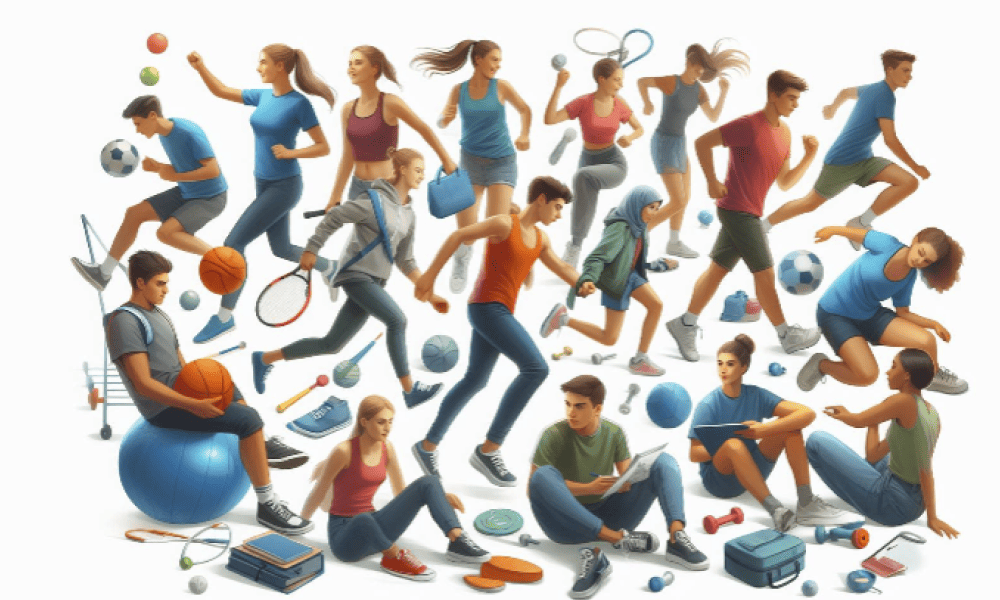
22
Unlocking Potential: The NEP and Sports Education
India’s National Education Policy (NEP) 2020 is a transformative document that aims to revolutionize education across the country. Among its many provisions, the emphasis on sports education stands out as a crucial step toward nurturing well-rounded individuals. In this blog, we explore how the NEP unlocks the potential of sports education and its impact on students’ overall development.
The NEP’s Provisions for Sports Education
| 1. Inclusivity and Access: | 2. Skill Development Beyond Academics: | 3. Physical Fitness and Mental Well-being: | 4. Infrastructure and Training: |
| The NEP recognizes that every child deserves access to quality sports education. It emphasizes inclusivity, ensuring that students from all backgrounds can participate in sports activities. | Sports education goes beyond the classroom. It enhances skills such as leadership, teamwork, discipline, and time management. | Regular physical activity is essential for maintaining good health. The NEP recognizes this and promotes physical fitness through sports. | Schools need proper infrastructure—playgrounds, sports equipment, and trained coaches—to facilitate effective sports education. |
| Schools are encouraged to provide equal opportunities for both boys and girls, breaking down gender stereotypes associated with sports. | By integrating sports into the curriculum, the NEP aims to produce well-rounded individuals who excel not only academically but also on the field. | Engaging in sports reduces stress, improves concentration, and boosts overall mental well-being. | The NEP encourages schools to invest in sports facilities and provide specialized training to teachers. |
Impact on Students’ Overall Development
| 1. Physical Health: | 2. Mental Resilience: | 3. Teamwork and Leadership: | 4. Discipline and Time Management: |
| Regular participation in sports improves cardiovascular health, strengthens muscles, and enhances flexibility. | Facing challenges on the field builds mental toughness. Students learn to cope with failure, bounce back, and persevere. | Team sports foster collaboration, communication, and trust. Students learn to work together toward a common goal. | Balancing academics and sports requires discipline and effective time management. |
| Students who engage in sports are less likely to suffer from lifestyle-related diseases. | Sports teach resilience, a valuable life skill applicable beyond the sports arena. | Leadership opportunities arise when students captain teams or organize sports events. | Students who excel in both areas develop essential life skills. |
Conclusion
The NEP’s provisions for sports education are a significant leap toward holistic development. By unlocking the potential of sports, we empower students to thrive academically, physically, and emotionally. Let’s celebrate the role of sports in shaping India’s future—a future where every child has the opportunity to be a champion, both in the classroom and on the field.

